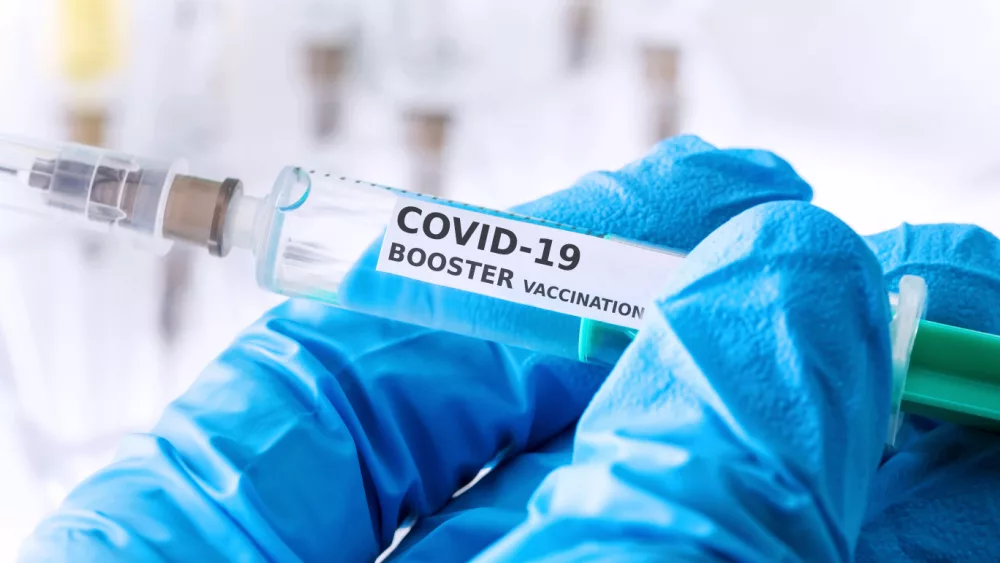On Monday, the U.S. Food and Drug Administration approved the new COVID-19 boosters for Americans, with the updated vaccines set to become available within days. The Advisory Committee on Immunization Practices is set to meet Tuesday to make recommendations on who should get the new booster shots. Dr. Mandy Cohen, director of the U.S. Centers for Disease Control and Prevention, could sign off soon after, allowing vaccinations to begin.
The updated COVID vaccines are each fully approved for those 12 and older and are authorized under emergency use for individuals 6 months through 11 years of age. Pfizer and Moderna's COVID-19 shot, along with the flu shot and newly approved RSV shots, are part of a three-pronged public health strategy to tame the spread of all three viruses this coming winter. Dr. Peter Marks, director of the FDA's Center for Biologics Evaluation and Research, said in a news release: "Vaccination remains critical to public health and continued protection against serious consequences of COVID-19, including hospitalization and death. The public can be assured that these updated vaccines have met the agency's rigorous scientific standards for safety, effectiveness and manufacturing quality. We very much encourage those who are eligible to consider getting vaccinated."
The boosters target the XBB.1.5 Omicron subvariant; while that is longer the dominant variant circulating currently, variants that are spreading are closely related, and health experts say this booster will still offer some protection. Albert Bourla, Pfizer Chairman and CEO, said in a company news release: "This decision comes at a time when COVID-19 cases are once again climbing. Now, most people 6 months or older in the U.S. are eligible to receive this season's COVID-19 vaccine, even if they have never been vaccinated against COVID-19 before." Moderna CEO Stéphane Bancel said in a company news release: "As the primary circulating strain continues to evolve, updated vaccines will be critical to protecting the population this season. We appreciate the FDA's timely review and encourage individuals who intend to get their flu shot to also get their updated COVID-19 vaccine at the same time."
Additionally, the federal government is not covering costs of the shots for the first time. Most people with private and public health insurance should still be able to receive them for free, while those who are uninsured may be able to get them at community health centers. The full price is expected to be $110 to $130 per dose. The Biden administration has also announced a "bridge" program to offer uninsured people access to free boosters through 2024.
Editorial credit: Tobias Arhelger / Shutterstock.com

